At present, there are many mature technologies and processes in
stainless steel precision parts casting.
Silica sol shell technology. Silica sol shell-making process is widely used in the more sophisticated internal combustion engine parts foundry industry. The coating used in this method has good stability, does not need chemical hardening process, and has high temperature resistance and better deformation resistance. However, the disadvantage of this technology is that the temperature and wettability of wax pattern is poor. Although it can be improved by adding surfactants, it will increase investment to a certain extent.
Water glass shell technology. The technology of sodium silicate shell was invented very early, and it was introduced from the Soviet Union in 1950s and 1960s in China. The technology has low cost, relatively simple operation, and low requirements for raw materials. It is widely used in stainless steel precision parts casting. However, compared with the silica sol shell-making process, the biggest problem of this technology is that the surface quality of the castings obtained is general and the dimensional accuracy is low. However, due to its cost advantages, this technology is still used in some civil or low-precision internal combustion engines in China. Since the introduction of this technology, Chinese researchers have made considerable improvements on it, mainly in improving shell coatings, optimizing hardeners and adopting composite shell.
The main improvement of the improved shell coating is to add a certain amount of refractory clay to the back coating of the shell, which greatly improves the strength of the shell and realizes single shell roasting and injection. In the aspect of optimizing hardener, ammonium chloride is commonly used as traditional hardener, but this material will release a large amount of ammonia and nitrogen oxide gas in the casting process, which will pollute the atmosphere. Therefore, the hardener is changed to aluminium chloride solution, and then to aluminium chloride crystallization. The effect of this hardener is similar to that of ammonium chloride.
In the use of composite shell, there are some defects in the surface quality of water glass coating shell. Therefore, many castings are cast in the form of multi-layer mold composite, on the one hand, it saves costs, on the other hand, it also improves the surface quality of castings.
In addition, in the development of new technology, there are self-priming casting process, foam plastic mold and investment mold shell casting process. However, these processes have obvious advantages and disadvantages in some respects, and they still need continuous improvement by scientists and technicians in the future.

 +86-021-50327060
+86-021-50327060
 zq@lzqtech.com
zq@lzqtech.com
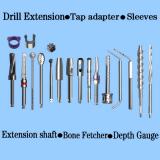 Medical Instrument
We can achieve perfect edge quality and dimensional tolerance up to±0.0005mm (±0.5μm) in the process of micro, ultra-long, ultra-thin, super-abrasive, impact-resistant, high-precision and combined ... VIEW MORE
Medical Instrument
We can achieve perfect edge quality and dimensional tolerance up to±0.0005mm (±0.5μm) in the process of micro, ultra-long, ultra-thin, super-abrasive, impact-resistant, high-precision and combined ... VIEW MORE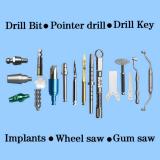 Implant
Corresponding and matching drills and tools of different types, forms, shapes, structures can be high precisely ground to mold according to different brands and different types of implants forms, shap... VIEW MORE
Implant
Corresponding and matching drills and tools of different types, forms, shapes, structures can be high precisely ground to mold according to different brands and different types of implants forms, shap... VIEW MORE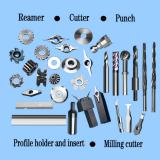 Cutting Tools
Super-hardness machining for special, non-standard new ite ms with different size and tolerance. VIEW MORE
Cutting Tools
Super-hardness machining for special, non-standard new ite ms with different size and tolerance. VIEW MORE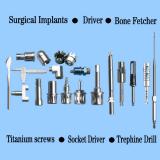 Accessory Parts
we can customize for you according to your samples or drawings for any manufacturing of ceramic,carbide,stainless high-speed steel, stainless steel, titanium alloy, titanium diamond, etc series, hig... VIEW MORE
Accessory Parts
we can customize for you according to your samples or drawings for any manufacturing of ceramic,carbide,stainless high-speed steel, stainless steel, titanium alloy, titanium diamond, etc series, hig... VIEW MORE

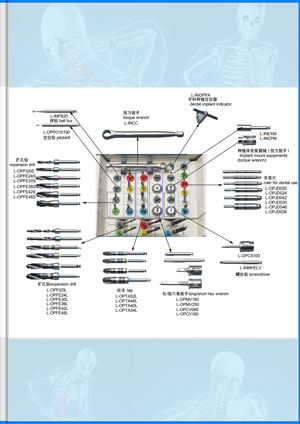
 +86-021-50327060
+86-021-50327060 
 NO.1269 Plant, Jinhu Road, Jinqiao Export Processing Zone, Pudong New District, Shanghai, China.
NO.1269 Plant, Jinhu Road, Jinqiao Export Processing Zone, Pudong New District, Shanghai, China. 
